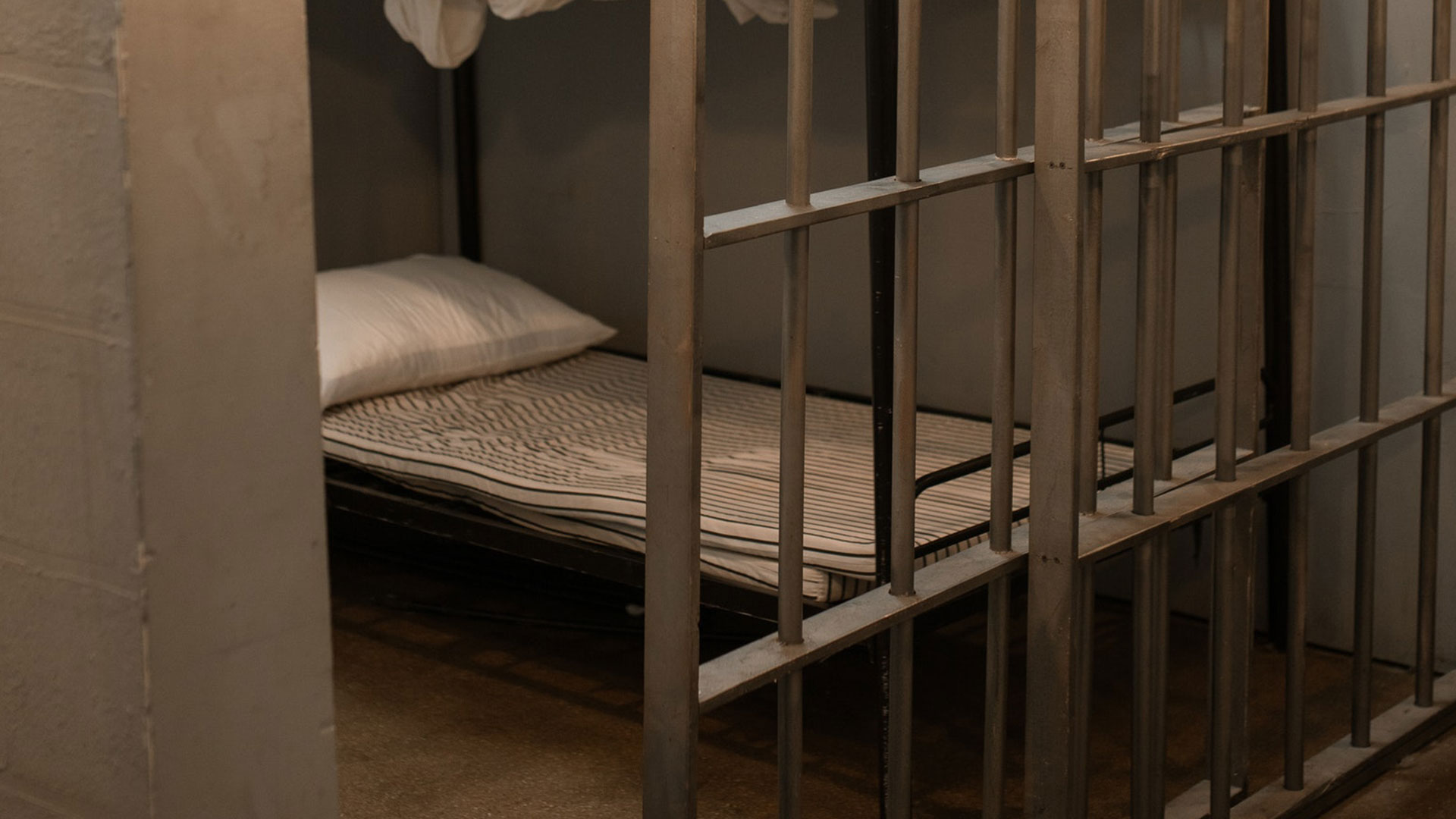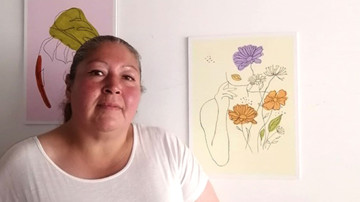
Giselle Amador Muñoz is a doctor and a family member of a person deprived of liberty.
Giselle was born in 1951 in San José, Costa Rica. As a young woman, she graduated in medicine and surgery from the University of Costa Rica and began working in the only public institution dedicated to the prevention and care in relation to drug use; initially known as the National Institute on Alcoholism (INSA), later renamed the Institute on Alcoholism and Drug Dependence (IAFA). Giselle dedicated more than 30 years to this institution, going through all the departments until she became director from February 2006 to 2011.
During all this time, Giselle also developed specialisms at the international level, being consulted as an expert by PAHO, WHO, CICAD-OAS and the Inter-American Development Bank, as well as being a speaker at multiple training activities in Costa Rica, America and Europe, since 1980.
After leaving IAFA in 2010, she presented the interdisciplinary master’s degree in drug dependence at the School of Pharmacy of the University of Costa Rica, which she coordinated until 2013. She is also a founding member in 2012 of the Costa Rican Association for Drug Intervention Studies (ACEID), which she directed until 2017. Finally, she served as Minister of Health from 2018 to 2019.
This extensive experience in prevention and treatment of psychoactive substance use was of little help in dealing with the arrest and incarceration of her son for a drug-related offence.
This experience led her to discover a facet of drug policy in Costa Rica that she was not previously aware of, which is not governed by principles of public health and human rights, but rather by criminalisation and extreme repression. Two dimensions are found in the same national legislation. While one decriminalises consumption and promotes care, the other disproportionately punishes any offence, however minor, related to the sale or trafficking of drugs.
Her son has been incarcerated for almost three years now and faces an 8-year sentence (the minimum defined by the law on psychotropic drugs). This situation has completely changed Giselle’s work and daily life, as she now dedicates most of her time to a civil society organisation of relatives of people deprived of their liberty.
From the outset, her knowledge of the judicial and prison reality has mobilised her to improve the quality of life and respect for the human rights of persons deprived of their liberty and their families, especially women, so that they can guide their actions.
The stigma of being a family member of a person who is deprived of their liberty is intense; but it becomes even more so as a result of the total absence of guidance from the Costa Rican penitentiary system.
It seems that the objective of the penal process is the suffering of the incarcerated persons as well as their relatives. That is why the Asociación Familia Penitenciaria Unida (FPU) was created, which is also part of the International Network of Women Relatives of People in Prison (RIMUF), where Giselle is the Costa Rican representative.
This story was submitted by Giselle and compiled with support from the Costa Rican Association for Drug Study and Intervention – ACEID). This story has been translated from Spanish and edited for clarity.
More stories from Costa Rica
More stories about Proportionality & Criminal Justice



